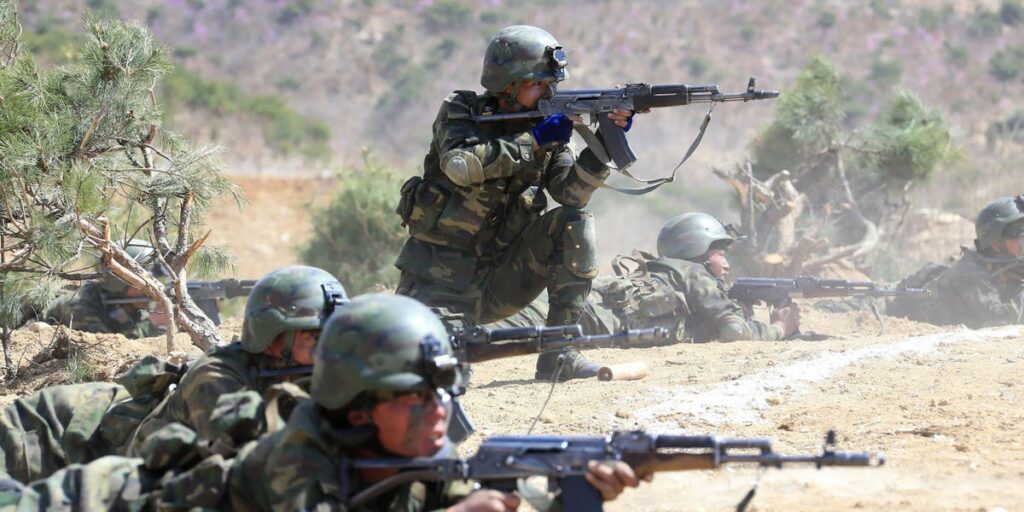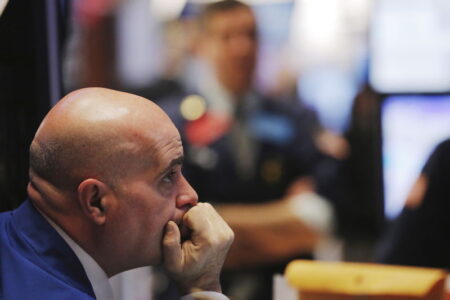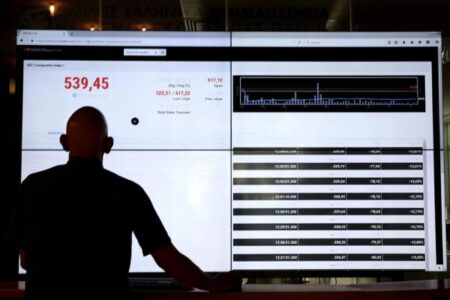- North Korea’s troops in Russia are largely thought to be from Pyongyang’s elite Storm Corps.
- But as more sightings of them emerge, doubts are rising about their true status as special forces.
- One ex-member of the branch said he thinks North Korea did send special forces, but not its best.
As questions arise over the quality of Kim Jong Un’s troops in Russia, a former soldier who served in North Korea’s special forces said they’re likely the country’s elite troops.
Lee Woong-gil, who defected to South Korea in 2007, told the Seoul-based outlet The Korea Times that he believes the North Korean men sighted in Russia are, indeed, special forces.
“They do not appear to be the finest members, however,” he told the outlet.
Washington and Kyiv believe that about 11,000 North Korean troops have been sent to Russia to aid its war in Ukraine, including some 8,000 dispatched to the Kursk region.
The exact makeup of the deployment is unclear, but many of the troops are said to be Kim’s elite branch, also known as the “Storm Corps” or “Black Berets.” As early reports of the transfers emerged in mid-October, South Korea’s intelligence agency had said that it observed an initial wave of 1,500 special forces entering eastern Russia.
The spy agency later said that it believed North Korea planned to send four brigades worth of elite forces, numbering 12,000 troops in total, to Russia.
Lee told The Korea Times that those who survive a deployment in Kursk would gain valuable combat experience, a potential benefit for Kim’s calculus in sending troops to fight Ukraine.
“Among them, the elite forces are deployed overseas on highly dangerous missions, such as the kidnapping and assassination of North Korean defectors, missionaries, and covert South Korean agents,” said Lee, who The Associated Press reported served in the Storm Corps from 1998 to 2003.
“However, the troops sent to Russia do not seem to be Tier 1 team members,” he added.
The Storm Corps’ elite status in question
Still, there’s been debate as to how well these troops measure up to modern standards for special forces, or if the North Korean men in Russia are even from the country’s prestigious unit.
South Korea’s defense ministry estimates that the Storm Corps has 200,000 members in total, a staggering number for a special forces branch.
During a September visit to a training base, Kim lauded the division’s members as each being worth 100 typical North Korean soldiers.
But Seoul has also described these troops in Russia as young, inexperienced men sent to be “mere cannon fodder.”
Videos on Russian social channels appearing to show the North Korean soldiers seem to depict relatively shorter men with smaller frames, leading to assessments that they arrived malnourished and vulnerable to disease.
Lee told the AP in late October that the Storm Corps was generally better supplied than other units during his time there, but that its members still suffered from tuberculosis and malnutrition.
James JB Park, a former South Korean defense and national security official, told The Wall Street Journal that Kim may have sent a first wave of more expendable soldiers to test the waters with Ukraine.
“They will pave the way for the more experienced ones,” he told the outlet.
Ukraine said that its troops had already launched attacks, including an artillery strike, on North Korean soldiers in Kursk, where many of Pyongyang’s troops are believed to be stationed to support the front lines.
“It was an ordinary combat engagement in the Kursk region,” Andrii Kovalenko, the head of Ukraine’s Center for Countering Disinformation, told Business Insider’s Mia Jankowicz.
Kovalenko also warned that as they were stationed in Russia, North Korea’s troops were being taught how to operate strike and reconnaissance drones.
An injection of 11,000 North Korean troops isn’t likely to be a game changer for Russia, which was estimated by the UK to have lost about 1,500 troops per day in October.
But it stands to be yet another source of manpower and resources for the Kremlin to continue its strategy of trying to overwhelm Ukraine with mass in a war of attrition.
Pyongyang’s direct involvement has sparked renewed concerns about the war escalating on a global front, with Seoul now saying that it won’t rule out reversing a law that prevented the export of its weapons to Ukraine.
That comes as South Korea has become home to one of the world’s fastest-growing defense industries in recent years. It is moving to become the globe’s fourth-largest defense exporter by 2027, up from 10th place in the 2019 to 2023 period.
Read the full article here
















